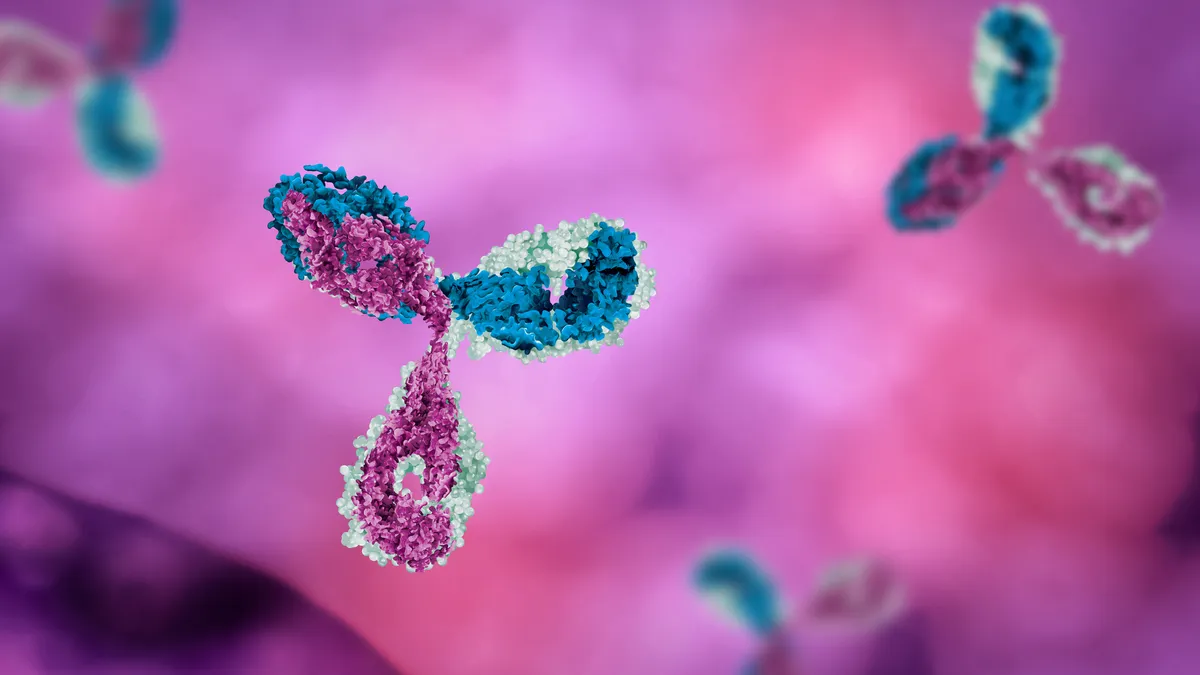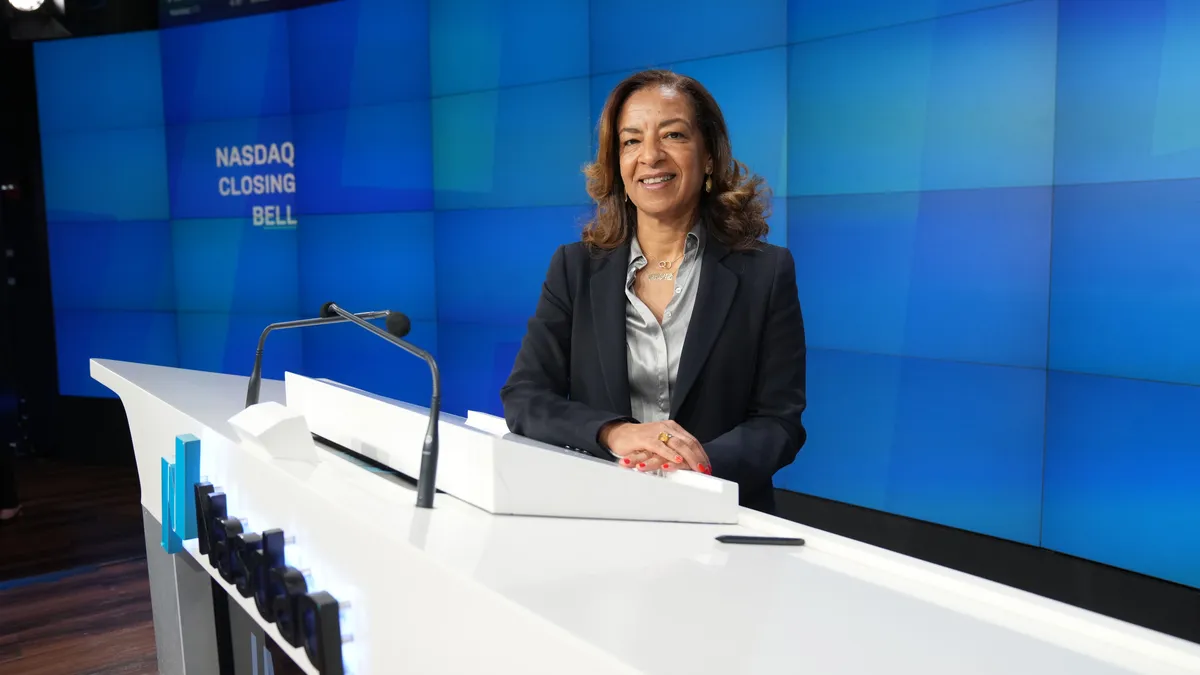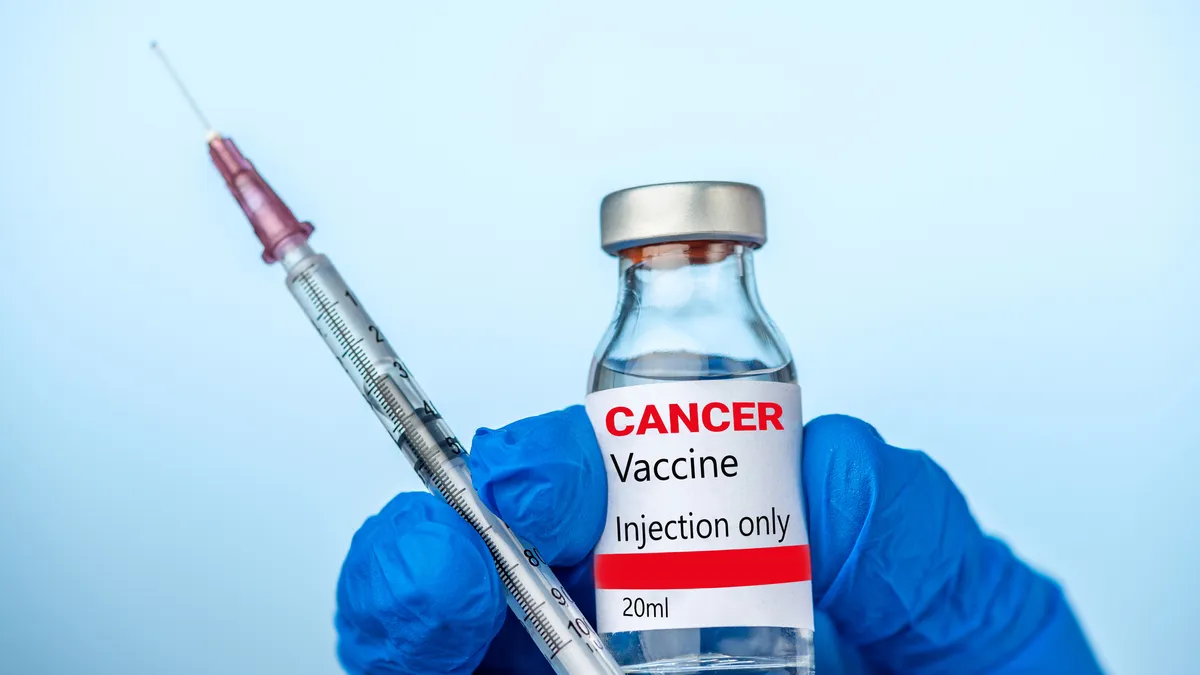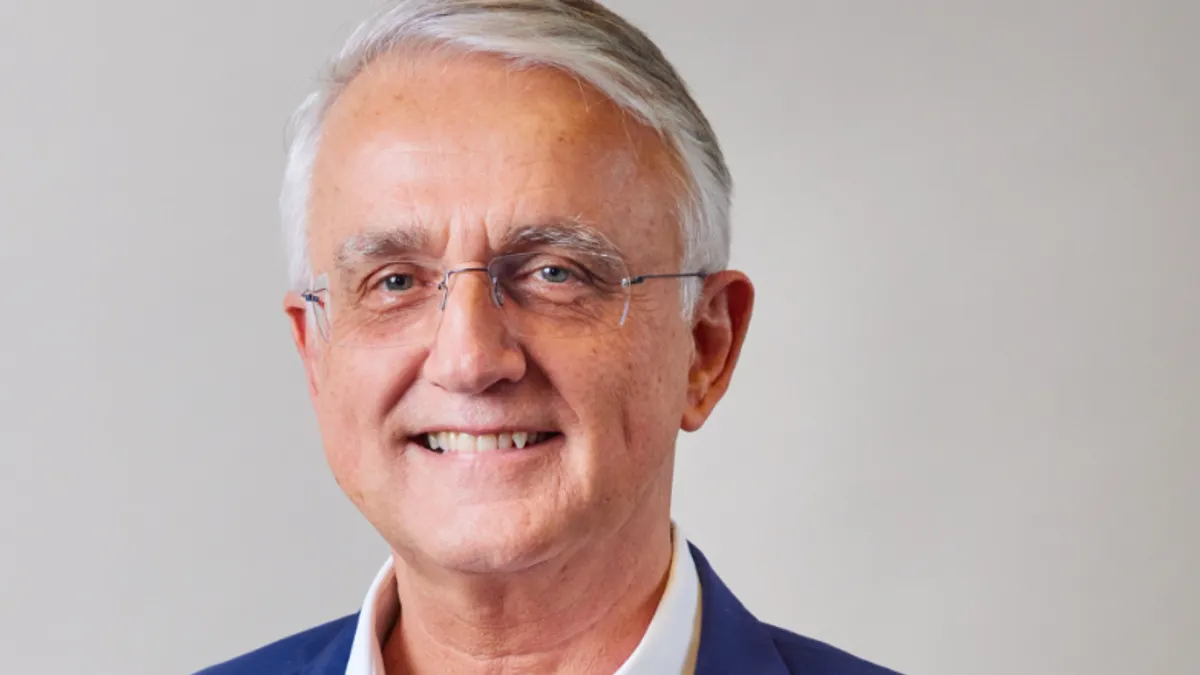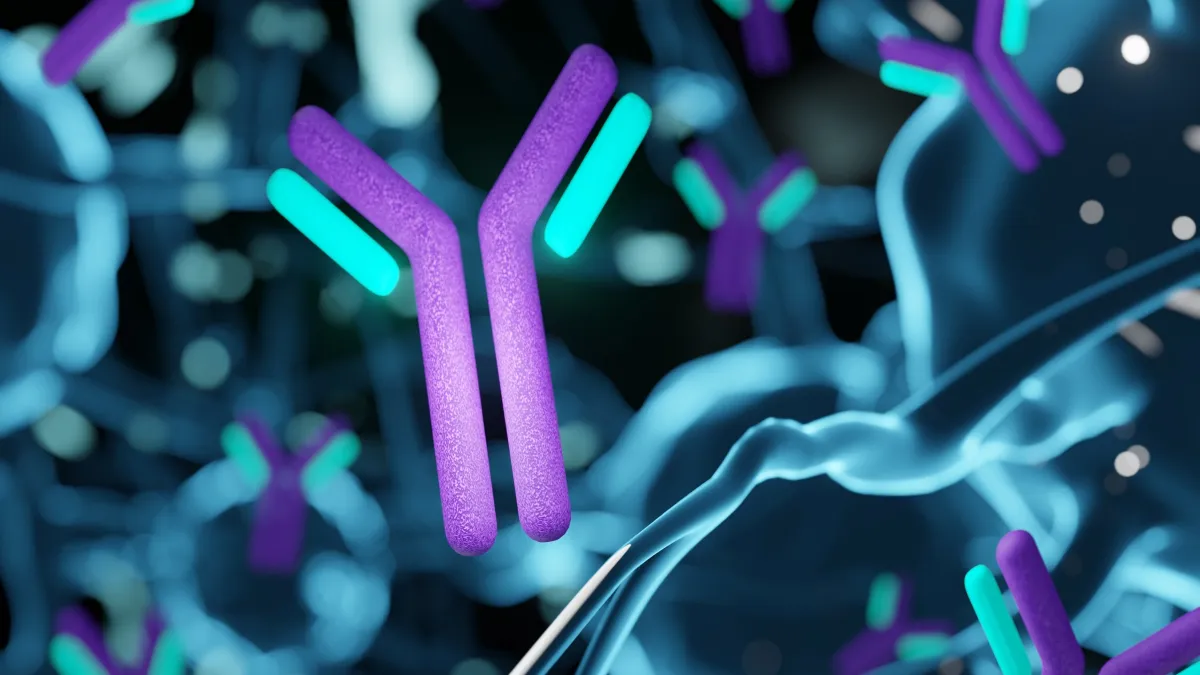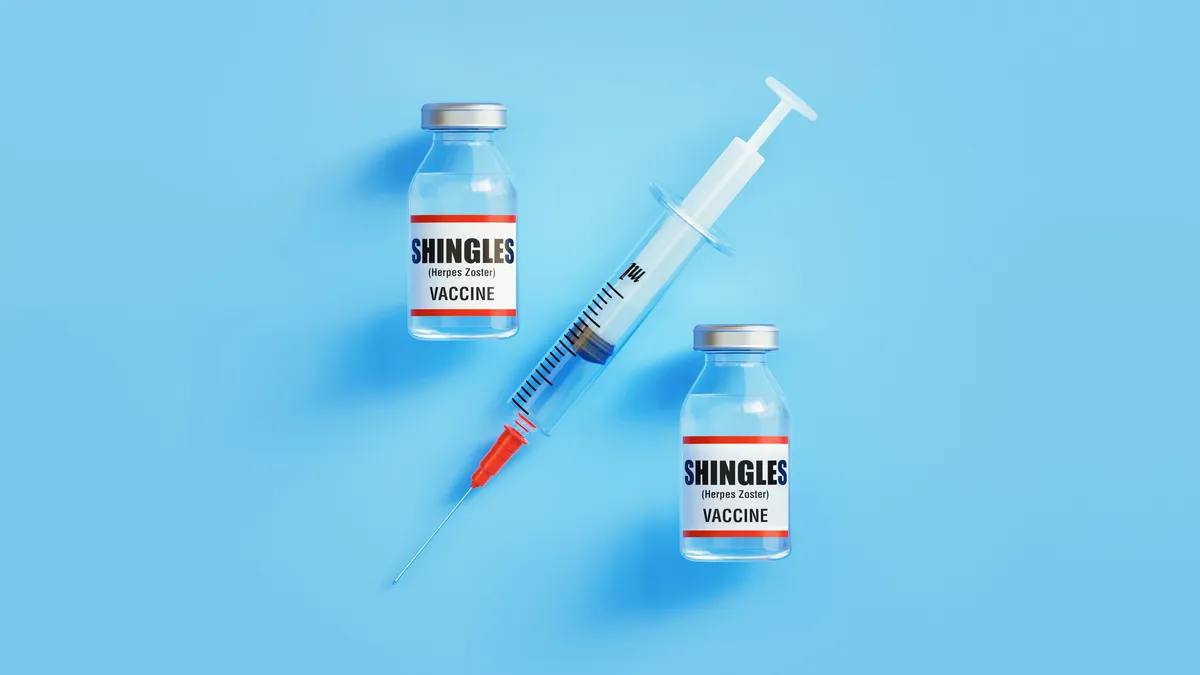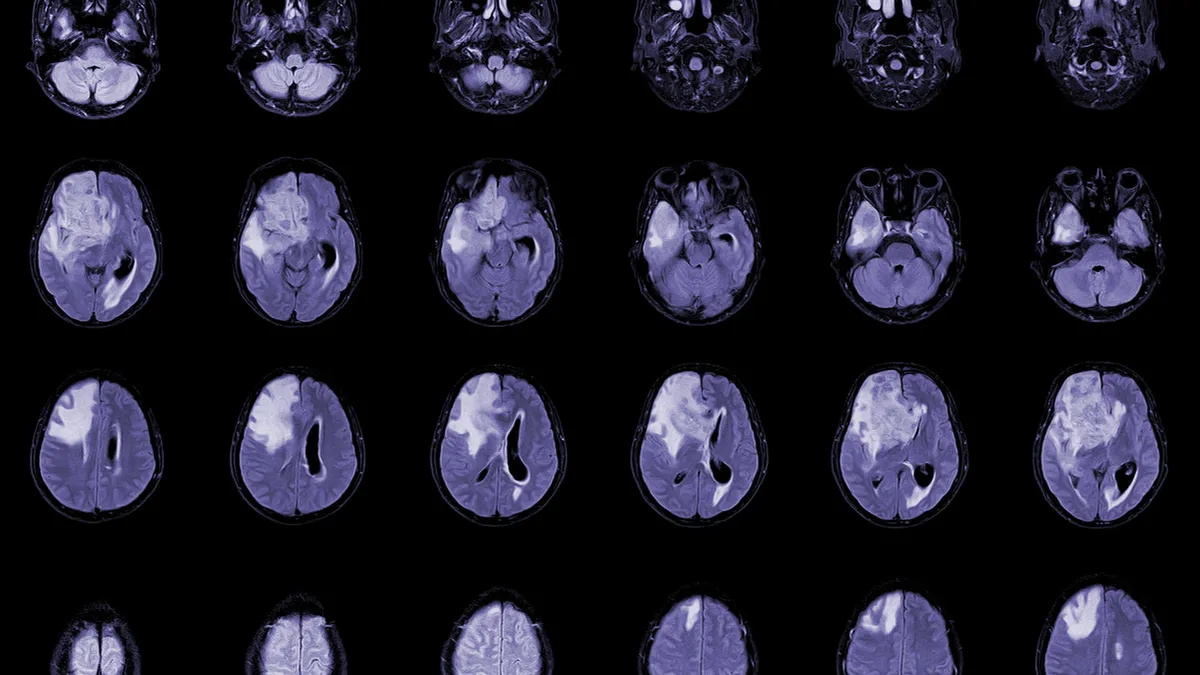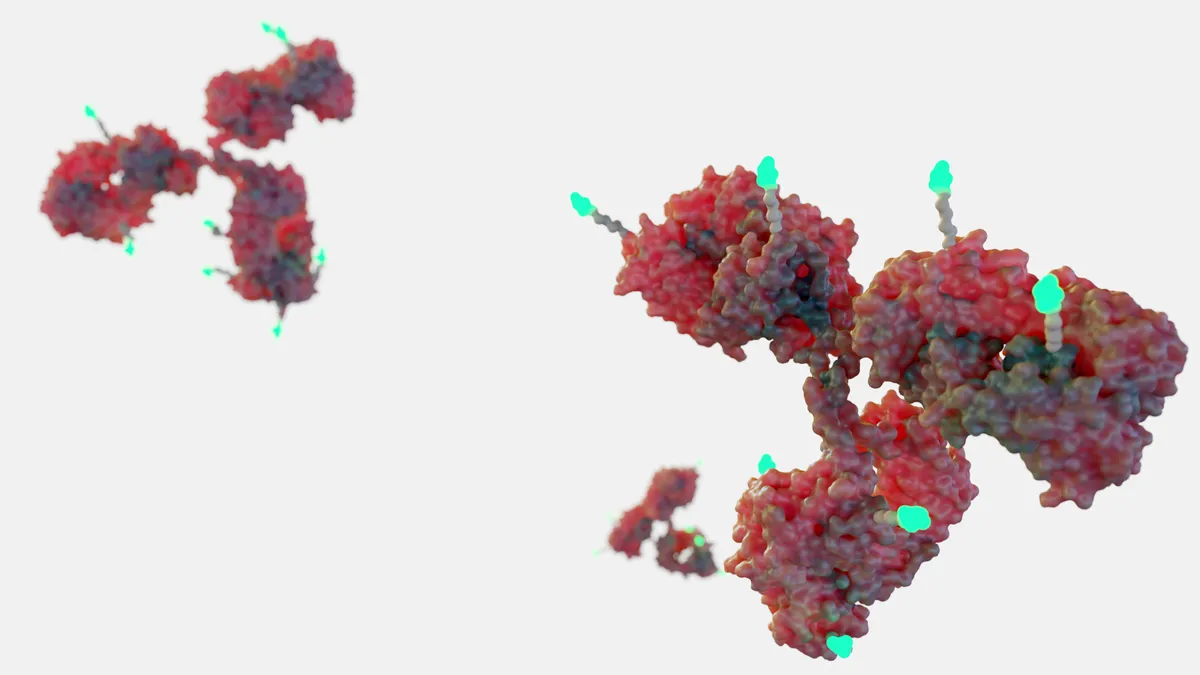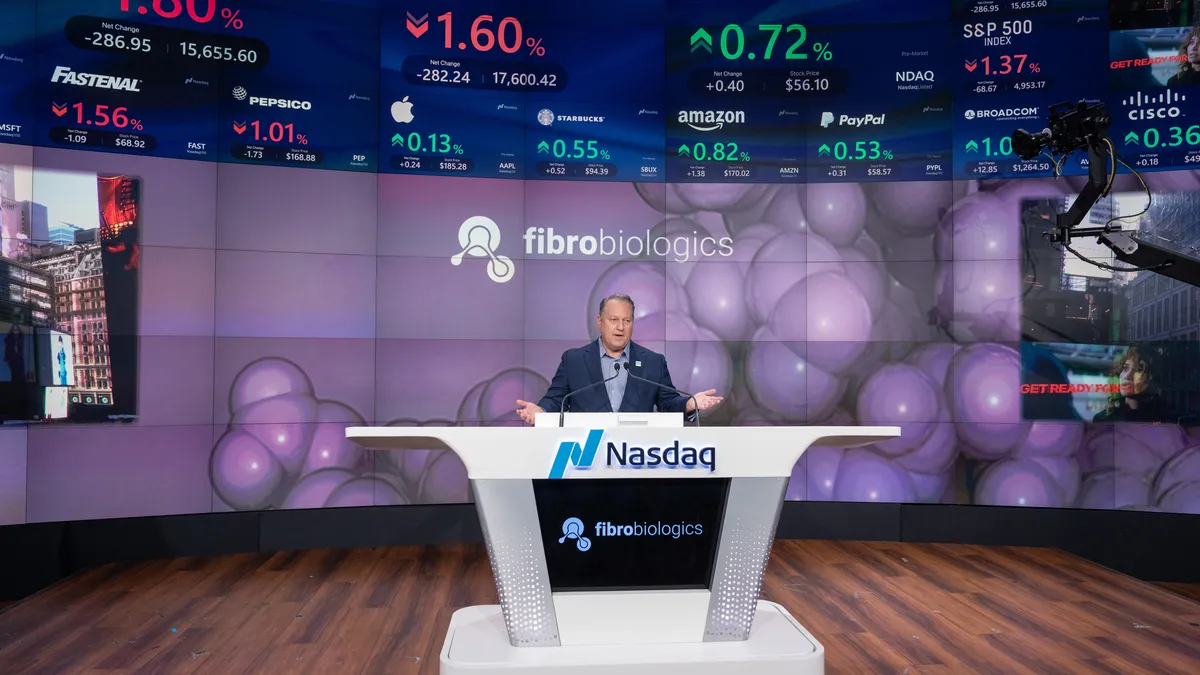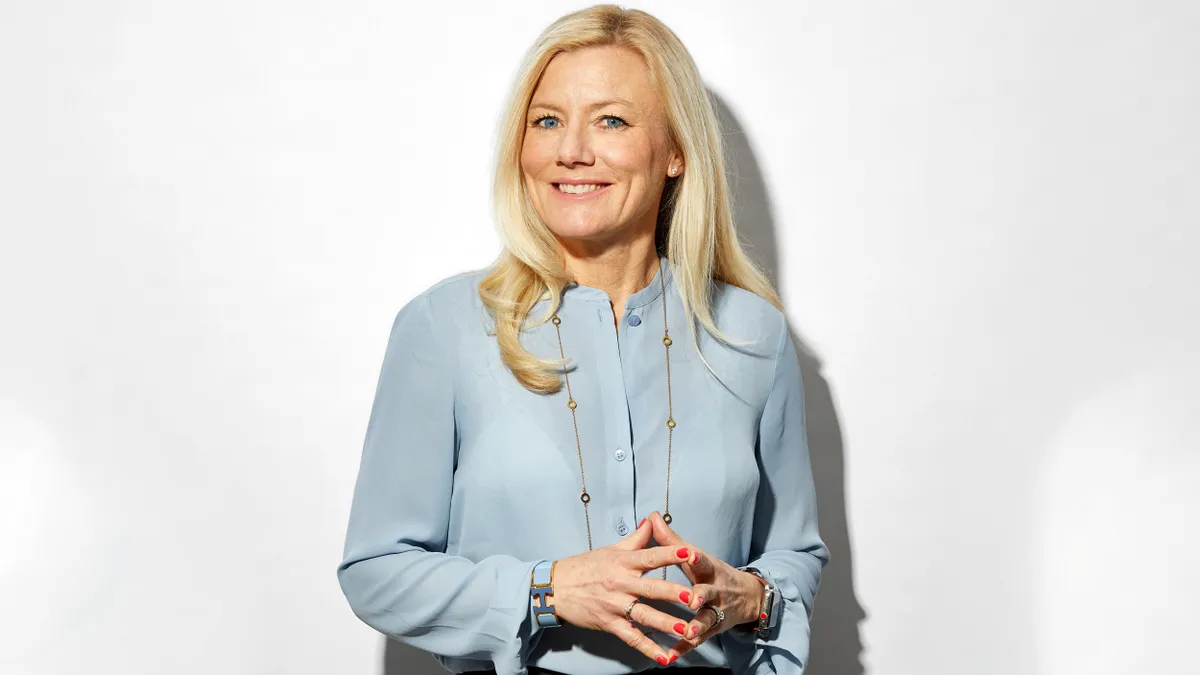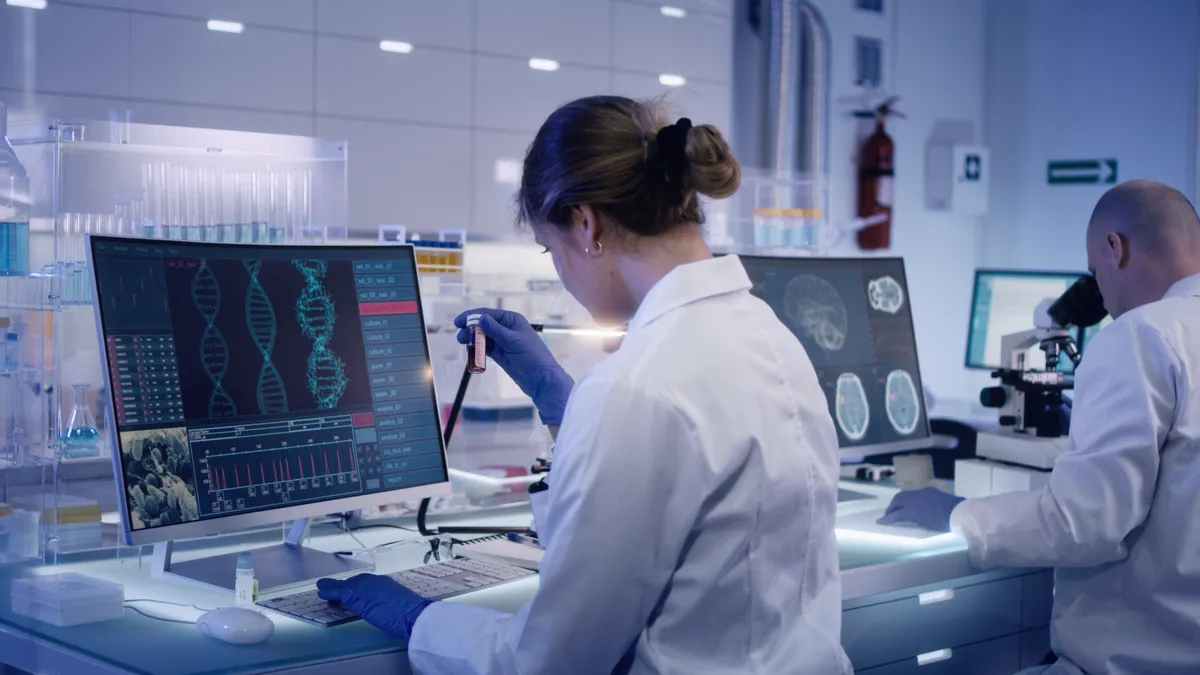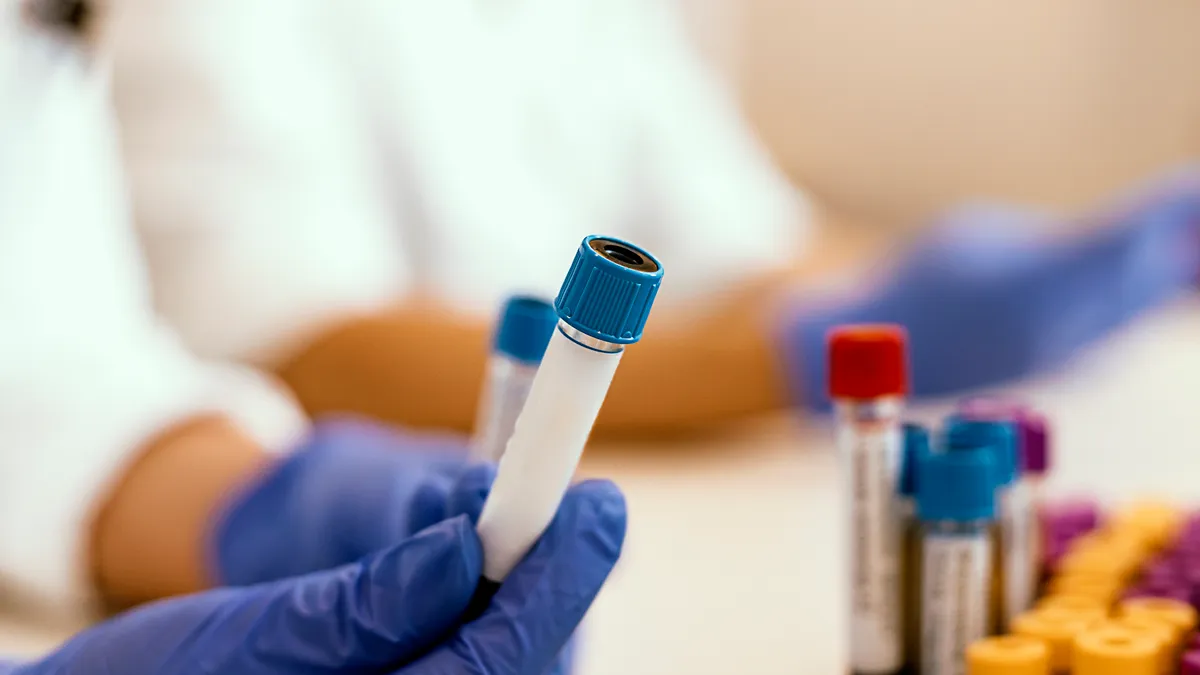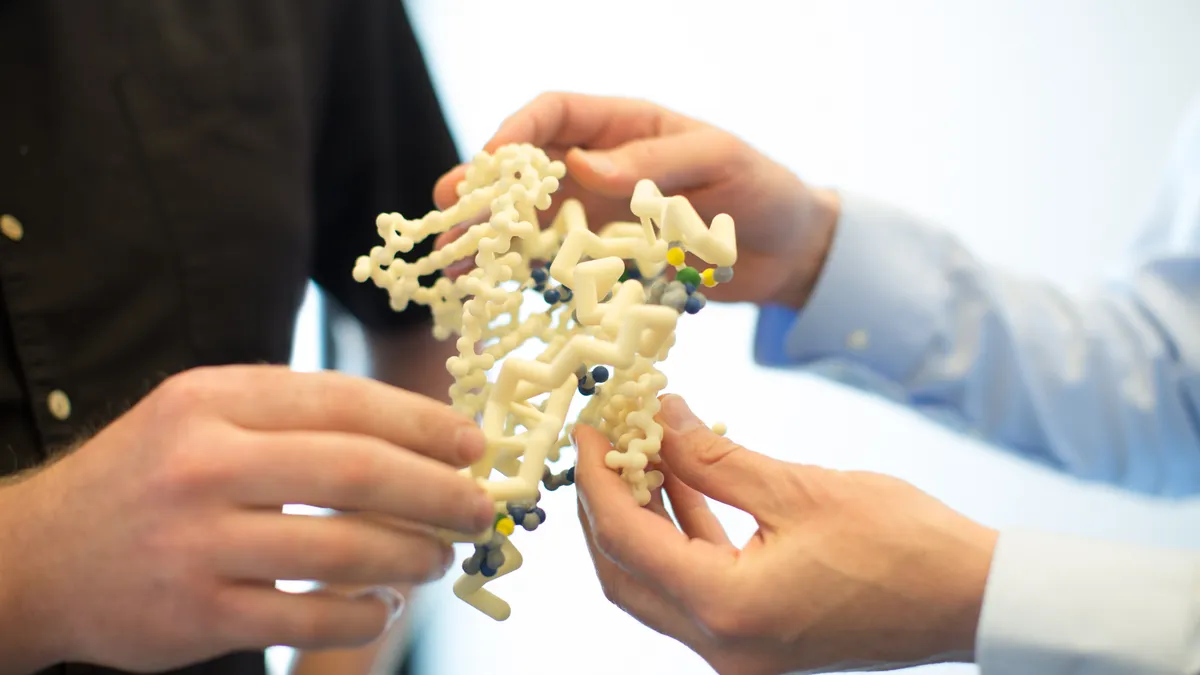Welcome to today’s Biotech Spotlight, a series featuring companies creating breakthrough technologies and products. Today, we’re looking at Zai Lab, a commercial-stage biopharmaceutical company with locations in China and the U.S. that is now looking to enter the global market with its innovative product lines, including oncology.
In focus with: Dr. Rafael Amado, president and head of global oncology research and development, Zai Lab
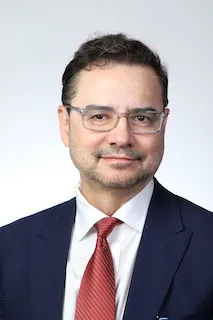
Zai Lab’s vision: Founded in China in 2013, Zai Lab sought to tap into the country’s burgeoning pharmaceutical market. Today, China’s market, which once lagged behind Europe and the U.S., is the second largest in the world and is predicted to grow 135% between 2020 and 2025 to more than $111 billion. Amado said Zai Lab’s solid foundation in China will give the company the footing it needs to fulfill its new mission — bringing products for oncology, infectious disease, neuroscience and autoimmune disorders to a global audience.
The company now has a combined 2,100 employees at seven locations in China and the U.S. Zai is not only involved with drug discovery, but drug development—including more than 50 ongoing clinical trials — manufacturing, and global commercialization and co-development partnerships.
“People should know that Zai is not just a Chinese company,” Amado said.
With a strong discovery engine, nine internal programs with global rights and a growing development engine, Zai is poised for expansion.
“We're going to continue to grow and I think we will be one of the premier pharmaceutical companies, with a strong presence in China that allowed us to get started, but also with global products created through internal discovery and partnership,” Amado said.
Why it matters: Zai is intent on charting a path in the crowded oncology market, which saw 83 new drugs introduced in the past five years and close to $7 billion in research dollars raised in 2020 alone. Rather than adopting a sledgehammer approach to fighting cancer, the company is investing in targeted therapies with the potential to move the needle on quality of life and life expectancy.
A focus on promising opportunities: Zai recognizes the need to take risks to reap benefits and is developing treatments driven by specific cancer mutations and smaller subsets of common cancers.
“Even if it's a small population, if we think that the effect is transformational, we will develop the drug,” Amado said.
Take the investigational monoclonal antibody, bemarituzumab, for example, which was granted breakthrough drug designation in China in 2021 as a first-line therapy in combination with chemotherapy. Zai obtained an exclusive license from Five Prime (later acquired by Amgen) to bring the drug to the Chinese market. Bemarituzumab specifically targets a type of gastric cancer fueled by overexpression of fibroblast growth factor receptor 2b (FGFR2b), which affects about 30% of patients with HER2-negative gastric cancer. In a phase 2 trial, it produced substantial improvements in progression-free and overall survival. While some companies might balk at the idea of promoting a drug tailored to a small subset of people, Zai forges ahead.
“We don't so much focus on the market, we focus on ability to prolong life, as opposed (to) some other companies that may be looking at products more from the commercial point of view,” Amado said.
"We're going to continue to grow and I think we will be one of the premier pharmaceutical companies.”

Dr. Rafael Amado
President, head of global oncology R&D, Zai Lab
Zai has partnered with companies to bring approved and investigational oncology products into the Chinese market through development and/or commercialization agreements. Some of these include adagrasib from Mirati Therapeutics for lung and colon cancer, tisotumab vedotin for cervical cancer from Seagen, and odronextamab from Regeneron Pharmaceuticals for the treatment of B-cell malignancies such as Non-Hodgkin lymphoma (B-NHL).
The company is also pursuing internally discovered compounds. Zai presented preliminary results from the phase 1/2 study of one of these compounds, ZL-1211, at the recent ASCO meeting. A humanized monoclonal antibody, the drug is designed to bind to a protein called Claudin 18.2 that’s found on the surface of cells in a number of different types of cancer including gastric, gastroesophageal junction, biliary duct, pancreatic and ovarian cancers. ZL-1211 can then direct the immune system to take aim and kill these tumor cells.
A second compound, ZL-1218, is in phase 1, and the company also has plans to submit an IND for an additional targeted compound known as ZL-1310 later this year. The company is also exploring novel DNA damage response, which is in the preclinical stages.
Amado said he hopes Zai Lab’s global expansion will ultimately benefit more cancer patients.
“It will essentially allow us to treat patients around the world,” he said.




















